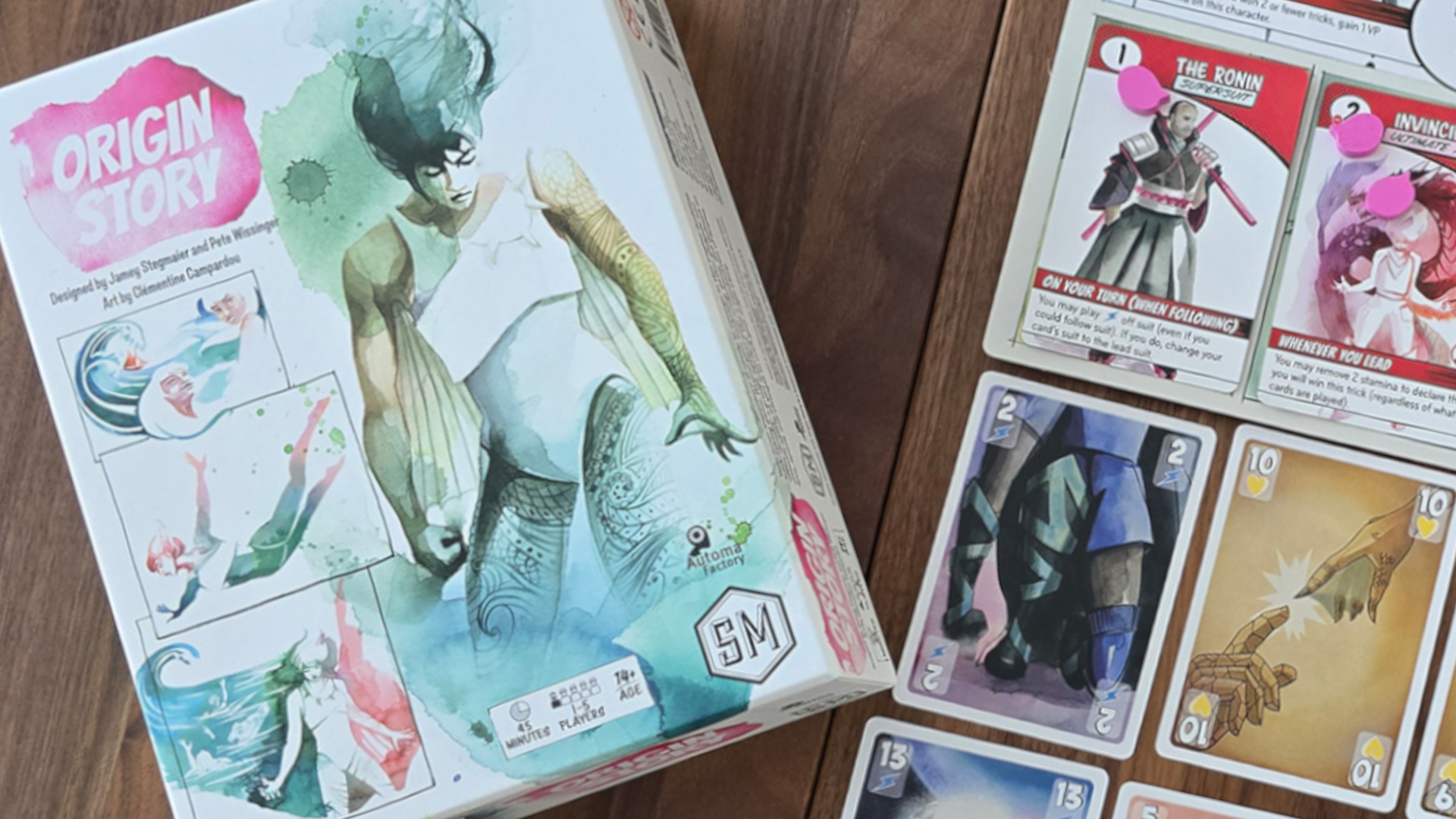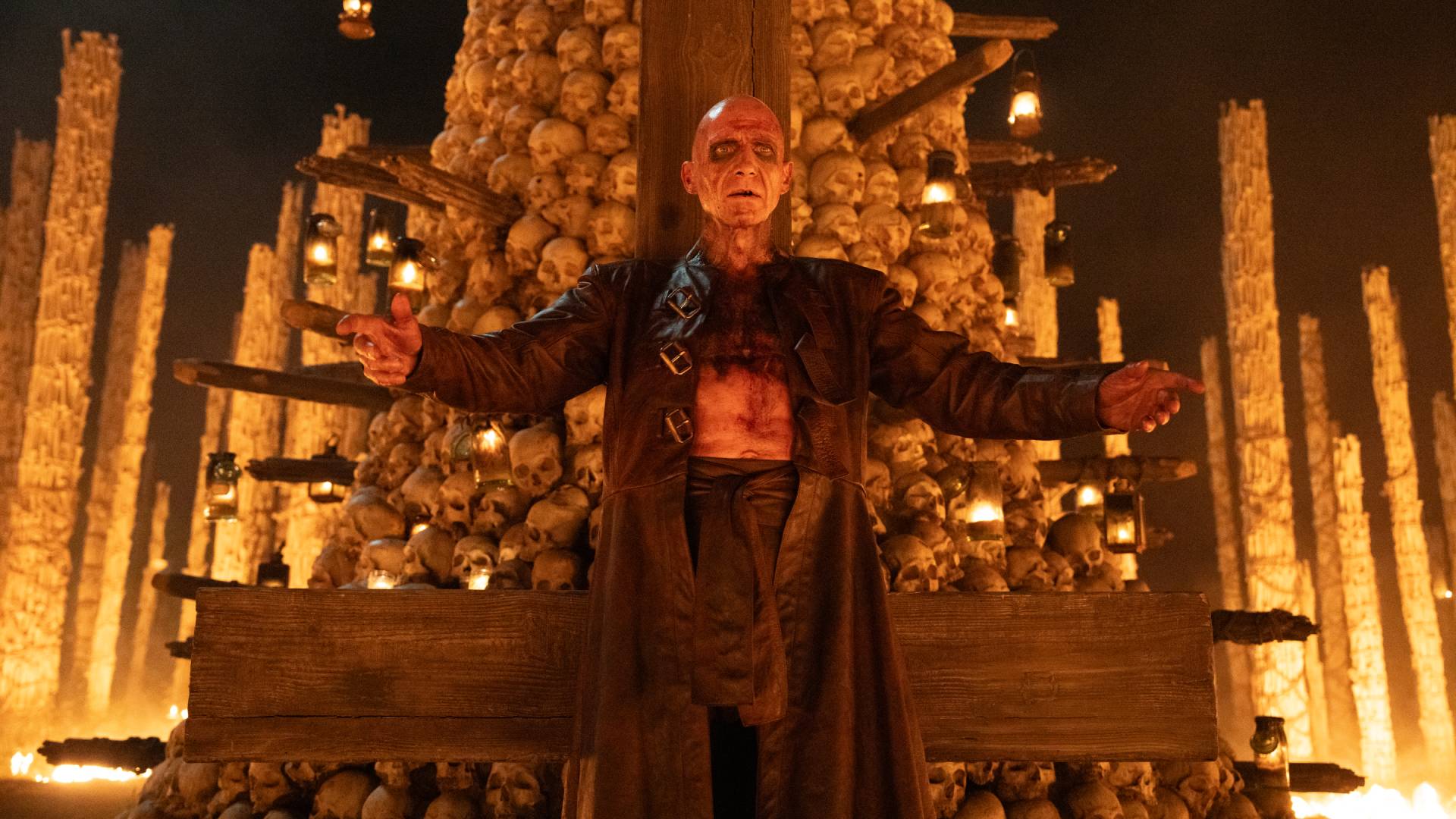Is indie gaming Sony's secret weapon?
Think of the next-gen console wars as a chess match. There are many pieces to position--price, launch date, social media integration, and so forth. Given how enamored many gamers are with the newest epic experiences and prettiest graphics, it's safe to say that big-budget, triple-A titles are still the the impact pieces on each side--your rooks, knights, and bishops. But there's another game-changer waiting in the wings: indie exclusives. Courting indie developers with console exclusivity could turn the tides in the battle between the PS4 and Xbox One. And I think there's a clear distinction between the current strategies: Microsoft is treating indies like cannon-fodder pawns, while Sony sees them as a direct line to checkmate.
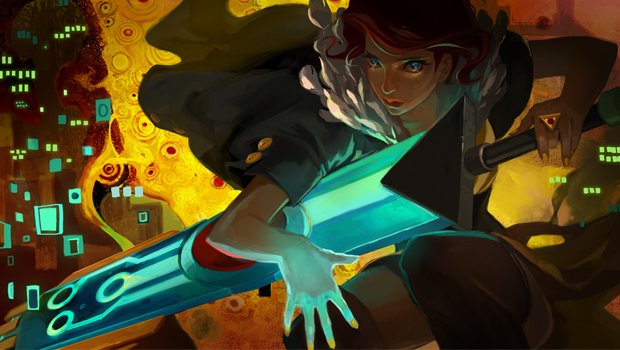
Only recently has Microsoft announced that self-publishing will, in fact, be possible on Xbox One--another take-back on the Xbox One's flip-flopping track record. The new service that facilitates self-publishing is dubbed Independent Developers @ Xbox, and while it's heartening to see Microsoft acknowledge smaller studios, the fine print is somewhat troubling. Certification is required for access to the program, and while there are no application fees, it's up to Microsoft what kind of content belongs on Xbox One.
According to the ID@Xbox FAQ, Microsoft says that developers will "submit a game information form so that we can understand what you are building and how we may be able to help with the development and discovery of your game." By relying on an application process to filter through the indie landscape, Microsoft is effectively nullifying any chance for a small team to be discovered by happenstance. It sends a message to small indie teams: Microsoft won't come to you. You have to go to them.
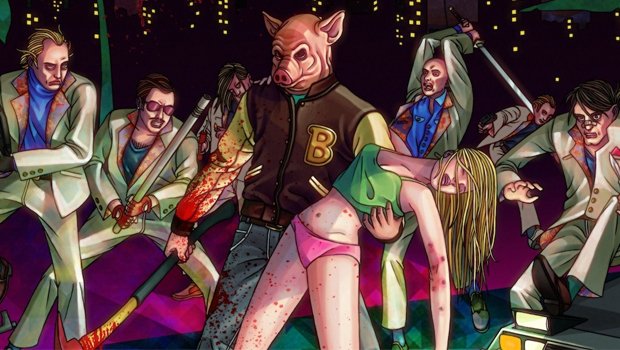
Compare this to the way Sony is actively seeking out indie games to add to their burgeoning library. I've spoken to a number of indie developers who recounted their first interactions with Sony, and they all share a similar tale. These stories usually start with two regular Joes trying out a game demo at a convention, before revealing their true identities: Sony employees who are scouting out potential partners. If they're excited about what they see, they'll tell the developer straight up: We're stoked about your game… what do we have to do to get it on our systems? "Sony has been super nice," Dennaton Games told me at E3. "They love games. They make you feel like they actually like your game, not just see it as a product they can use."
And when it comes to tradeshow exhibitions, Sony is positively murdering Microsoft's indie presence with a host of enticing PS4 and Vita exclusives. During its press conferences at both E3 and Gamescom, Sony rattled off console-exclusive indies as if it were Oprah Winfrey screaming that everyone in her audience will be getting a car. Let me take a deep breath, because here goes: Transistor, Mercenary Kings, Don't Starve, Octodad: Dadliest Catch, Abe's Oddysee: New 'n Tasty, Galak-Z, Outlast, Secret Ponchos, Ray's The Dead, Resogun, Helldivers, Binding of Isaac: Rebirth, N++, Wasteland Kings, Rogue Legacy, Hotline Miami 2, Volume, and Guns of Icarus all had the chance to shine on-stage. And that exhaustive list doesn't count indie games that were present either on the show floor or behind closed doors at said events: The Witness, Tiny Brains, Daylight, Blacklight: Retribution, Hohokum, Counter Spy, Luftrausers, 1001 Spikes, and others we're probably forgetting in a sea of indie goodness. From a sheer numbers perspective, Sony's indie lineup is dominating in every sense of the word.
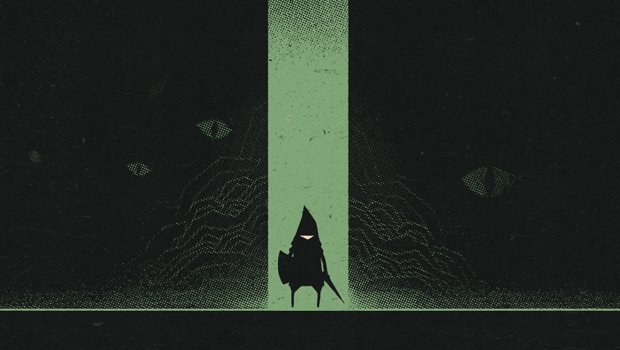
Meanwhile, Microsoft's message of indie support runs out of gas when you tally up the games. At E3 2013, indies barely had any stage presence during the Microsoft press conference. Trailers for Max: The Curse of Brotherhood and Capybara's Below were brief but appreciated; Twisted Pixel's Lococycle seemed to get swept under the rug altogether. So besides Phil Spencer wearing a Capybara shirt, there seemed to be no indication that indies were a key component in the Xbox One gameplan. At Gamescom 2013, Microsoft announced ID@Xbox, but thus far has nothing to show for its existence. Microsoft's approach seems to be one of curation, drip-feeding indie games to their audience only after they've met a certain standard. More doesn't always mean better, but Microsoft doesn't even seem to be trying to keep up with Sony's ever-growing stable of indie racehorses.
Microsoft may be treating indies as pawns, but even a pawn can eventually become something more. Maybe Microsoft will realize how far behind they are, and scramble to create a console-exclusive indie dream team all their own. But Sony seems to have built the PS4 with indie studios in mind from the very start, treating them as the indispensable ying to all the big-budget yang. In some respects, it's as if Sony has already taken complete control of the board.
Weekly digests, tales from the communities you love, and more
You know that kid at parties who talks too much? Drink in hand, way too enthusiastic, ponderously well-educated in topics no one in their right mind should know about? Loud? Well, that kid’s occasionally us. GR Editorials is a semi-regular feature where we share our informed insights on the news at hand. Sharp, funny, and finger-on-the-pulse, it’s the information you need to know even when you don’t know you need it.

Lucas Sullivan is the former US Managing Editor of GamesRadar+. Lucas spent seven years working for GR, starting as an Associate Editor in 2012 before climbing the ranks. He left us in 2019 to pursue a career path on the other side of the fence, joining 2K Games as a Global Content Manager. Lucas doesn't get to write about games like Borderlands and Mafia anymore, but he does get to help make and market them.
